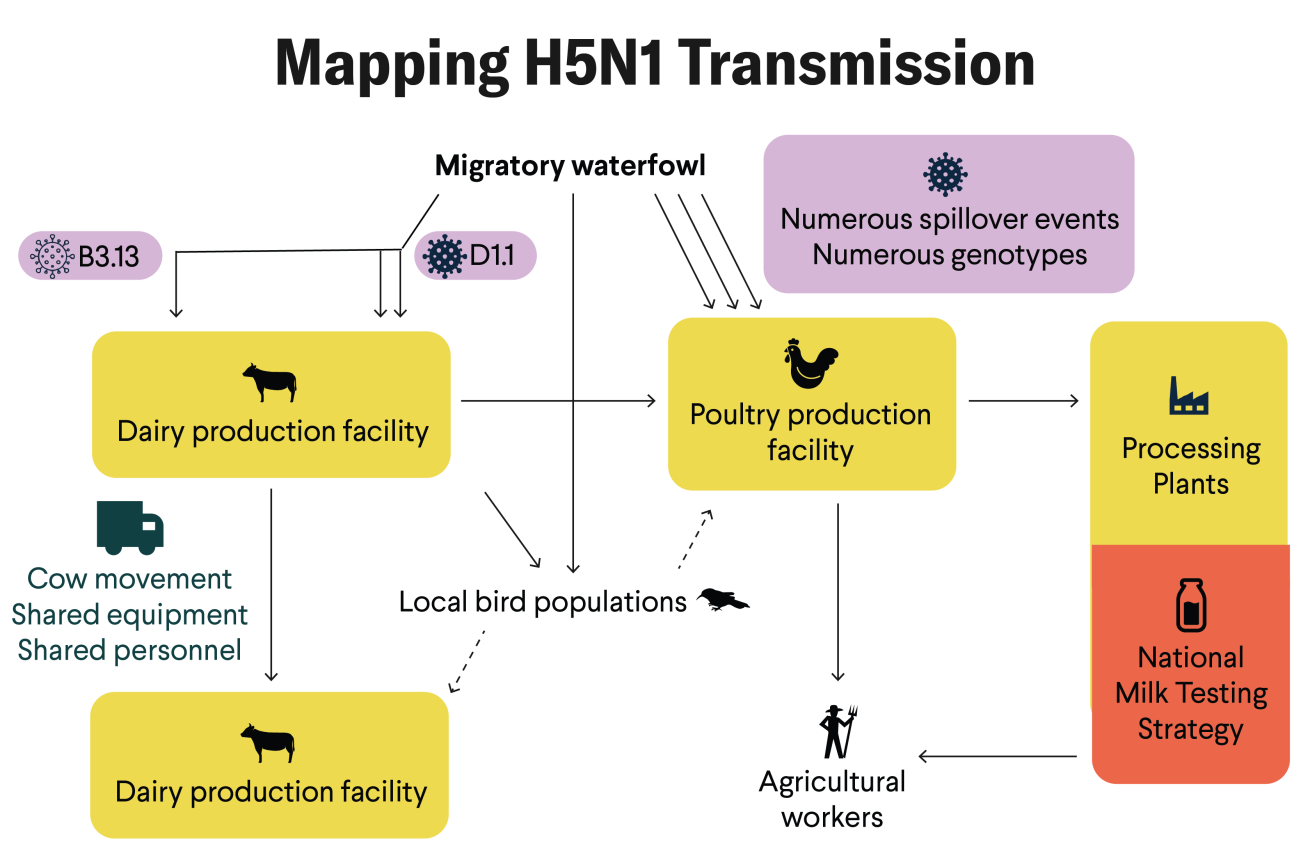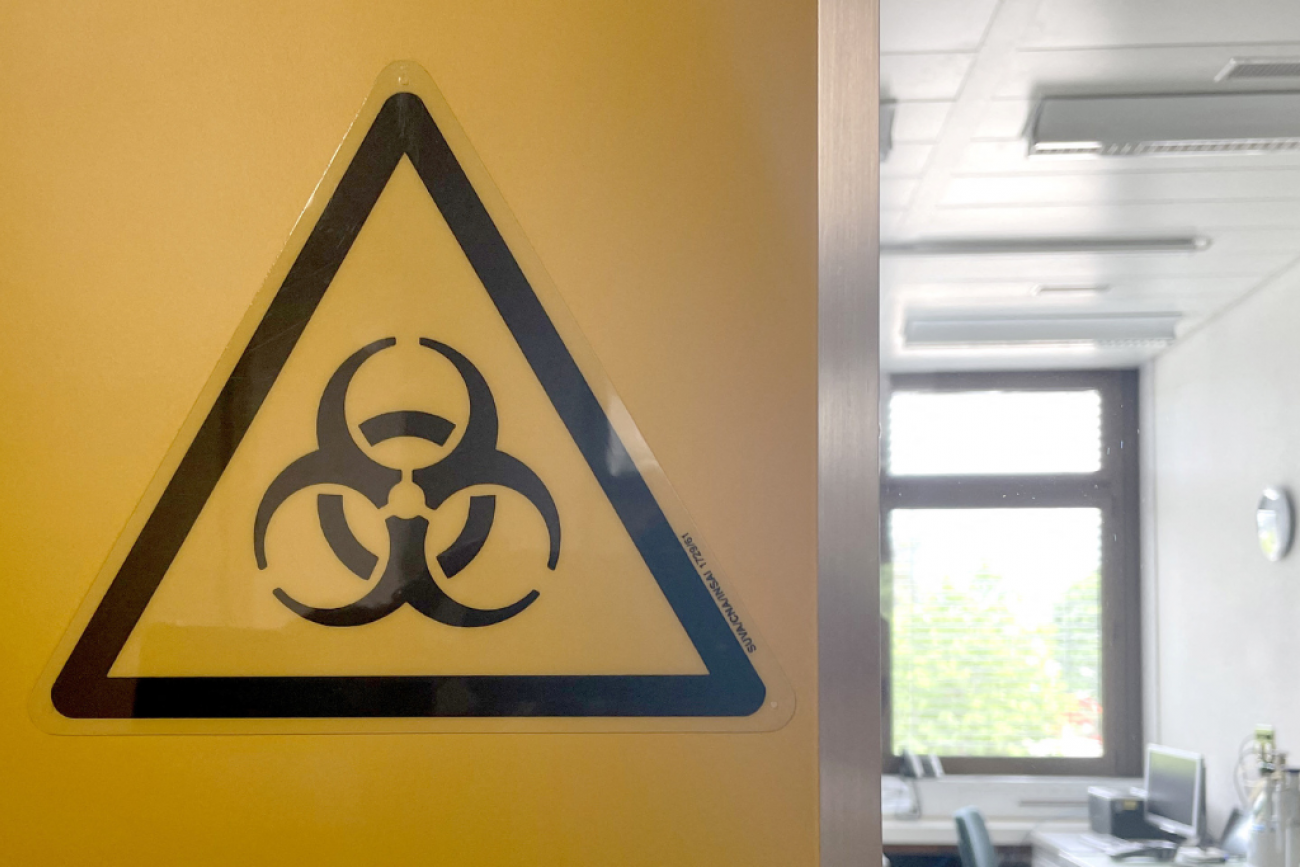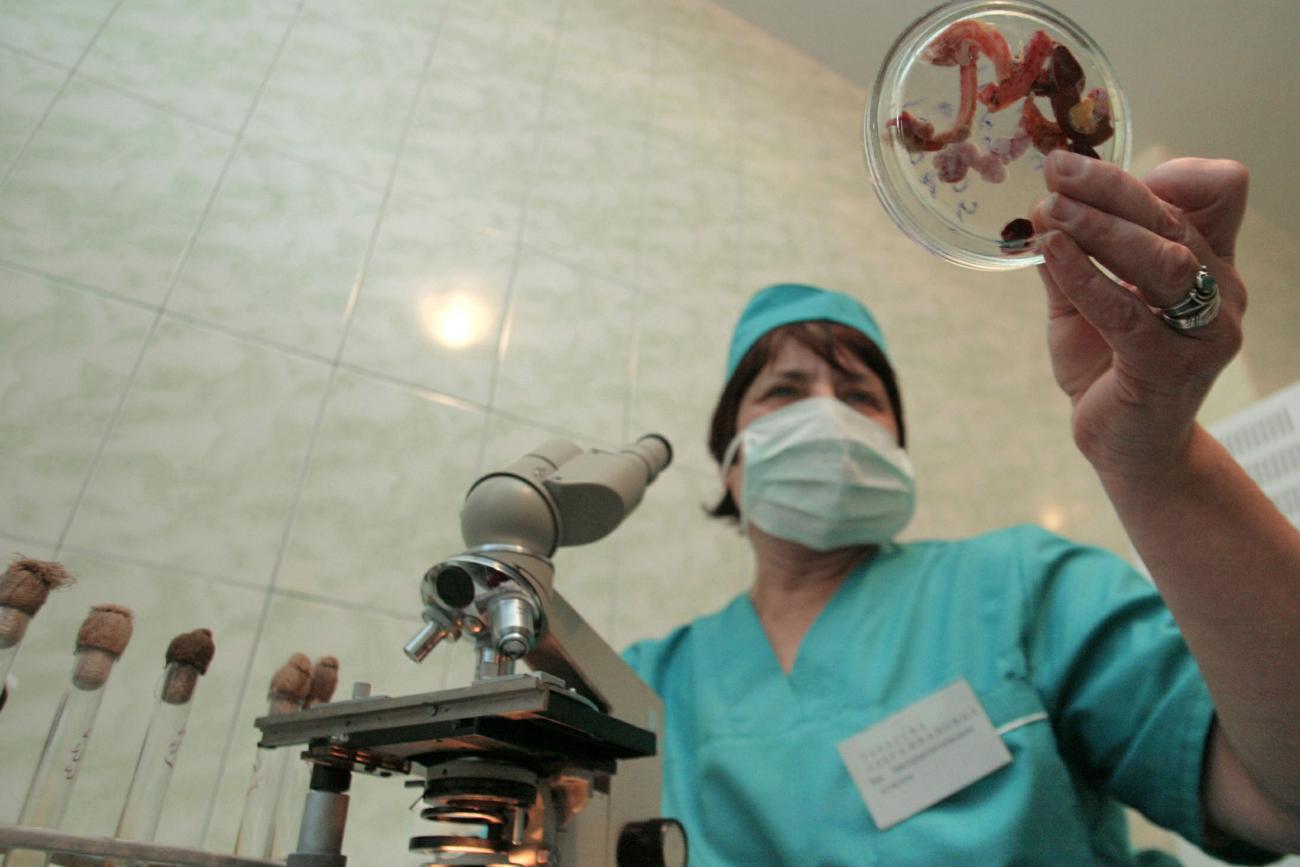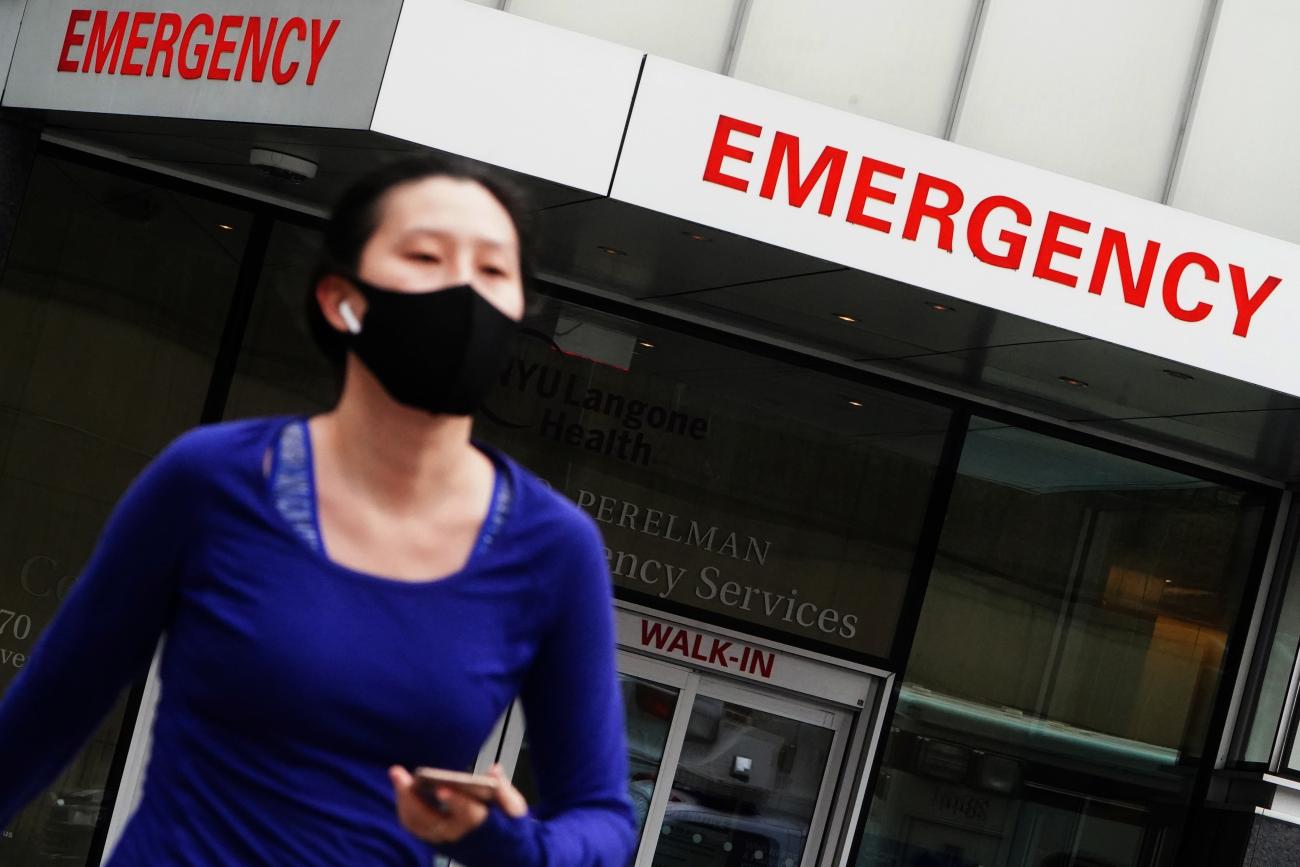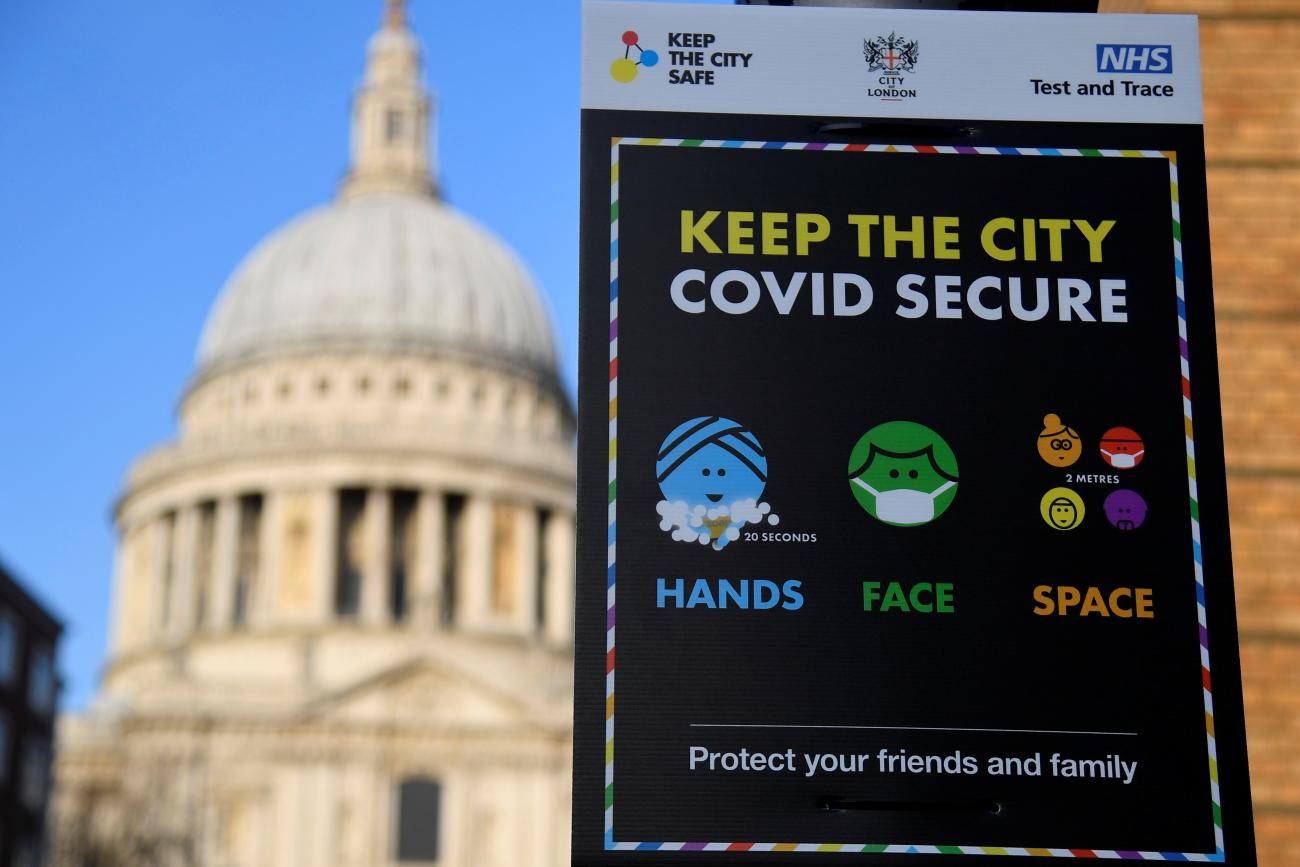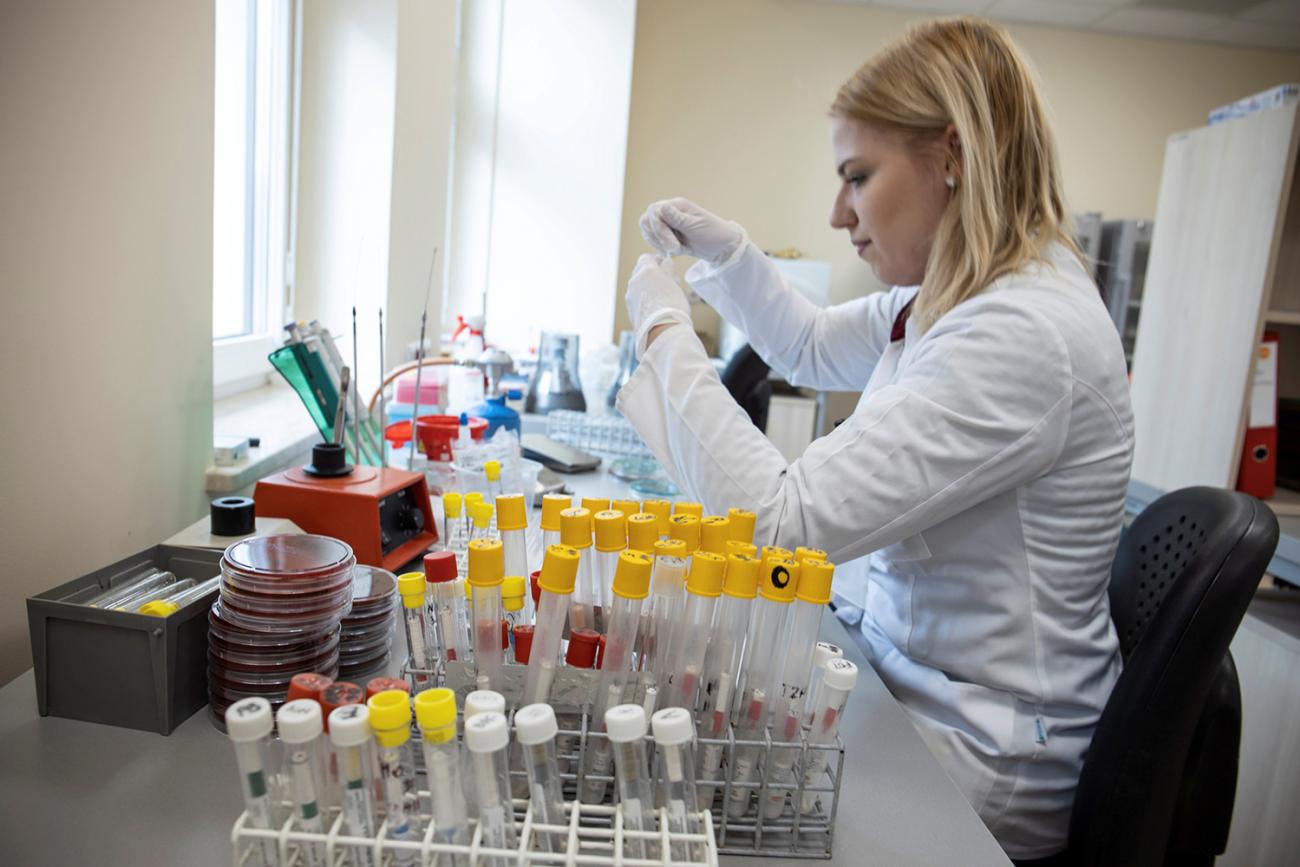Gigi Gronvall
Gigi Gronvall is a professor in the Department of Environmental Health and Engineering at the Johns Hopkins Bloomberg School of Public Health and a senior scholar at the Johns Hopkins Center for Health Security. Gronvall is the author of the book Synthetic Biology: Safety, Security, and Promise (Health Security Press, 2016) and Preparing for Bioterrorism: The Alfred P. Sloan Foundation’s Leadership in Biosecurity (2013). She has served on advisory committees to the State Department, Department of Defense, and the National Institutes of Health. Gronvall received a BS in biology from Indiana University, Bloomington, and a PhD from Johns Hopkins University for work on T-cell receptor/MHC I interactions. She was a postdoctoral fellow at the U.S. Army Medical Research Institute of Infectious Diseases in Fort Detrick, Maryland. Gronvall is a life member of the Council on Foreign Relations.
